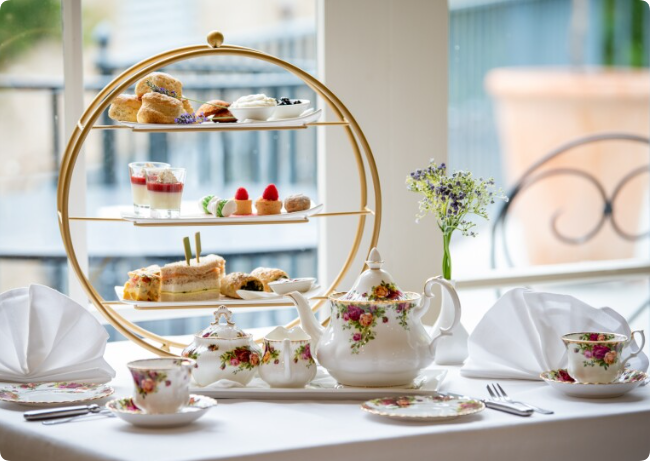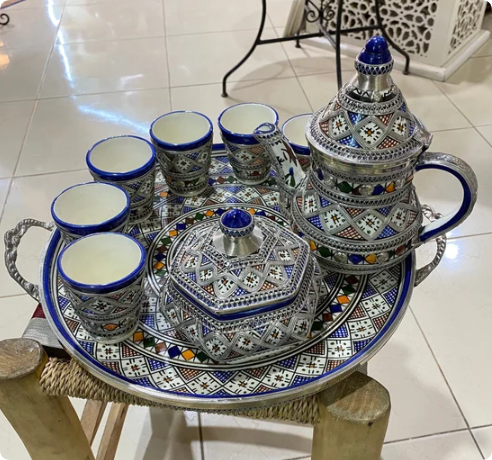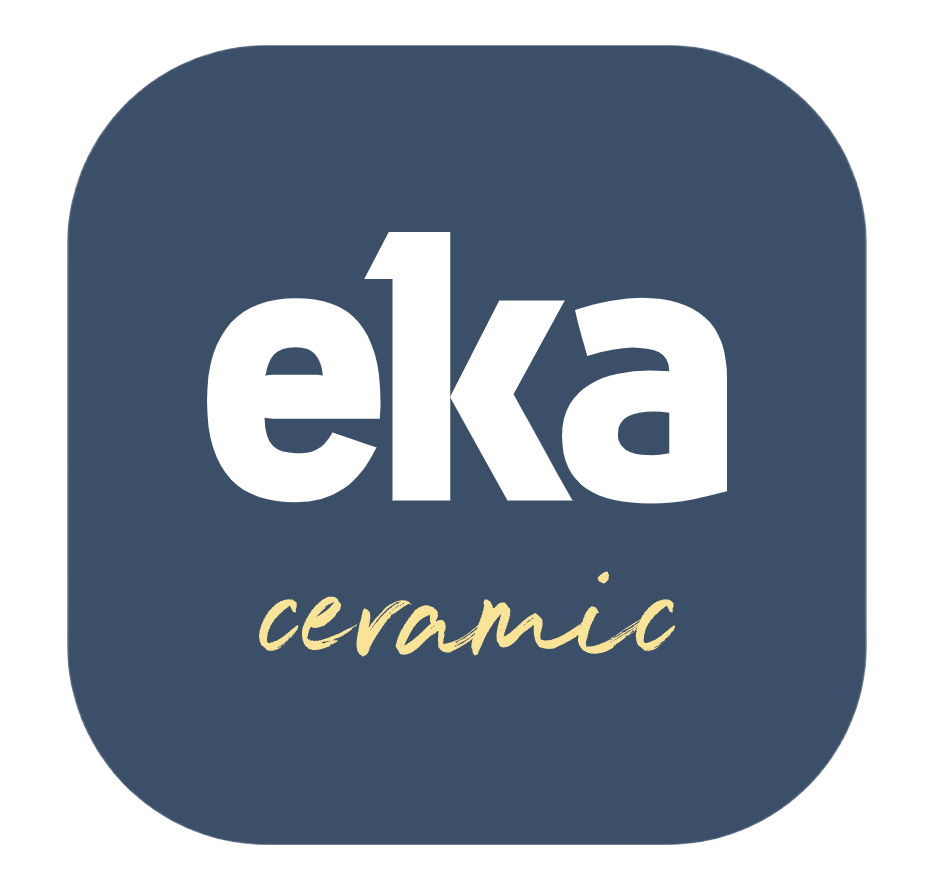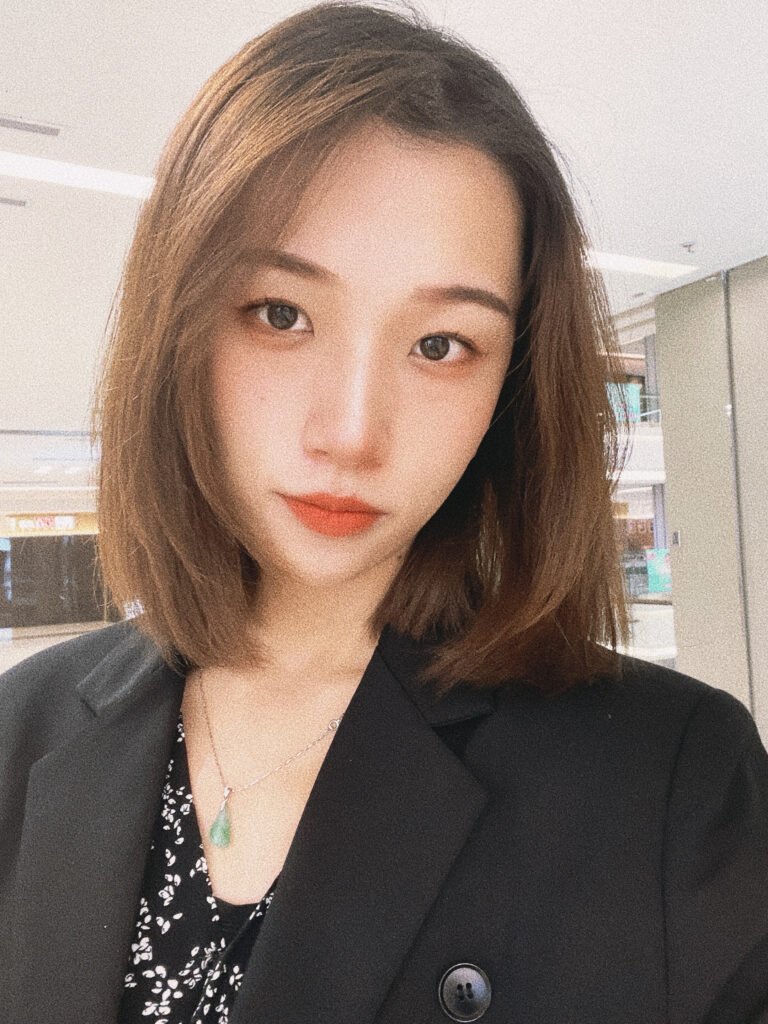When purchasing tea sets for a business, understanding the various configurations of tea sets and how many tea cups they typically include is crucial. Whether you are a large-scale retailer, a small cross-border e-commerce seller, or in the hospitality industry, selecting the right tea set configuration can influence customer satisfaction and procurement decisions. This article, targeted at B2B purchasers, will explore the various factors that determine how many tea cups are in a tea set, while also comparing the different tea sets commonly available in the market.
Understanding Tea Set Configurations
A tea set traditionally includes several items, such as a teapot, tea cups, saucers, a sugar bowl, a milk jug, and sometimes even additional pieces like a serving tray. The number of tea cups in a set can vary greatly depending on the tea culture, country, and intended use of the set. Therefore, it’s important to understand the different types of tea sets, their configurations, and their suitability for specific business contexts.
Traditional Tea Sets
In many cultures, a traditional tea set is designed to serve multiple people at once. These sets typically include more than just tea cups, as they are intended for ceremonial or family gatherings.
| Tea Set Type | Number of Tea Cups | Other Components | Best Suited For |
|---|---|---|---|
| British Afternoon Tea Set | 4–6 | Teapot, sugar bowl, milk jug, saucers | Hotels, upscale restaurants |
| Japanese Tea Set | 2–5 | Teapot, saucers, small plates | High-end tea shops, specialty retailers |
| Chinese Gongfu Tea Set | 6–8 | Teapot, tea tray, gaiwan, pitchers, and aroma cups | Luxury tea ceremonies, premium tea houses |
| Moroccan Tea Set | 4–6 | Silver teapot, sugar bowl, tray | Cultural events, catering companies |
Traditional tea sets often contain more than just tea cups and saucers because they are used in ceremonies or formal settings. B2B buyers sourcing such sets should consider the target market’s cultural expectations, as well as the formality of the intended usage.
Modern Tea Sets
In contrast, modern tea sets are typically designed with minimalism and convenience in mind. These are often sold in smaller sets, which makes them suitable for casual settings and cross-border e-commerce stores that cater to individual consumers or small offices.
- Minimalist Tea Sets: These sets often include 2 to 4 tea cups and are designed for daily use in homes or small businesses.
- Casual Office Tea Sets: Designed for staff kitchens or meeting rooms, these sets may include 4 to 6 cups, with a teapot and serving tray.
- Single-Serve Tea Sets: Popular for personal use, these tea sets typically include just one tea cup with an integrated tea infuser.
How Cultural Preferences Influence Tea Set Sizes
Different countries and regions have varying preferences when it comes to tea set configurations. For instance, in the UK, a classic afternoon tea set is expected to serve four to six people. In Japan, tea sets for intimate tea ceremonies often include only two to five tea cups, but with additional accessories such as tea strainers and tea bowls.
British Afternoon Tea

British afternoon tea culture emphasizes elegance and social interaction. A tea set meant for this purpose typically comes with 4 to 6 tea cups. Afternoon tea is often enjoyed in hotels, restaurants, and tearooms, making it essential for B2B buyers in these sectors to choose tea sets that reflect the refinement of this cultural experience.
Chinese Gongfu Tea Ceremony
A Gongfu tea set, rooted in Chinese culture, is designed for brewing multiple small servings of tea in quick succession. These sets typically come with 6 to 8 small tea cups, and the focus is on enhancing the tea-tasting experience. B2B purchasers catering to luxury tea houses or specialized tea shops will want to select high-quality, authentic Gongfu tea sets that include an array of accessories like the Gaiwan (a traditional Chinese lidded bowl) and aroma cups.
Moroccan Tea Culture

Moroccan tea culture is deeply intertwined with hospitality. The Moroccan tea set, which typically includes 4 to 6 cups, also comes with a distinctive silver teapot and ornate serving tray. These sets are perfect for catering businesses or event organizers that wish to bring an exotic flair to their offerings.
Variations in Tea Set Composition
While the number of tea cups in a set is important, other components should not be overlooked. Depending on the specific needs of your business, you may require a tea set that includes a teapot, milk jug, or sugar bowl. Businesses in the hospitality industry may benefit from sets with more pieces, while e-commerce sellers may want to focus on minimalistic sets that are easier to ship and handle.
| Set Type | Number of Cups | Teapot | Sugar Bowl | Milk Jug | Best for |
|---|---|---|---|---|---|
| Traditional | 4–8 | Yes | Yes | Yes | Hotels, high-end retailers |
| Minimalist | 2–4 | Optional | No | No | E-commerce, small offices |
| Ceremonial | 6–10 | Yes | Optional | Optional | Cultural tea houses, premium brands |
Teapot Capacity and Tea Cups
Another important factor to consider when selecting a tea set is the capacity of the teapot in relation to the number of tea cups. A larger teapot is required for sets with more tea cups, as it will need to serve multiple people. For example, a teapot with a capacity of 1.5 liters can typically serve up to 6 tea cups, whereas a smaller teapot of 0.5 liters may only serve 2 to 3 cups.
For B2B purchasers, ensuring that the teapot size matches the intended use case can prevent customer dissatisfaction. A mismatch between teapot capacity and the number of tea cups can result in inconvenience for the end user, especially in hospitality settings where efficiency is key.
Popular Tea Set Trends in 2024
As we move further into 2024, certain trends in tea sets are emerging, driven by both consumer preferences and market demands.
- Eco-Friendly Materials: Tea sets made from sustainable materials such as bamboo or recycled ceramics are gaining traction, especially in eco-conscious markets. These sets often come with fewer components, such as 2 to 4 tea cups, and are ideal for smaller e-commerce businesses targeting environmentally aware consumers.
- Customizable Sets: Customization is becoming increasingly popular, allowing buyers to select the number of tea cups and other components based on their specific needs. For example, some suppliers offer the option to choose between 4, 6, or 8 tea cups in a set, making them adaptable for various business requirements.
- Multi-functional Designs: Tea sets that double as decorative pieces or serve multiple functions (such as tea infuser sets that also act as tea storage) are in high demand. These sets are particularly popular in e-commerce as they appeal to customers looking for both aesthetics and functionality.
Customizable Tea Sets: A Growing Opportunity
For B2B purchasers looking to stand out in the market, offering customizable tea sets can be a strategic advantage. At EKA Ceramic, for instance, we offer customizable tea sets that allow buyers to select the number of tea cups, teapot capacity, and even additional accessories like tea trays and strainers. This flexibility is ideal for businesses in the hospitality industry, as well as e-commerce sellers looking to offer personalized products to their customers.
Conclusion
The number of tea cups in a tea set can vary significantly based on cultural preferences, intended usage, and market trends. For B2B purchasers, understanding these variations is essential for making informed procurement decisions. Whether you’re sourcing tea sets for hotels, restaurants, or e-commerce platforms, it’s important to choose the right configuration that meets your business needs while also appealing to your target audience.
At EKA Ceramic, we offer a wide range of customizable tea sets, ensuring that your business can find the perfect match for your customers. With options ranging from traditional to minimalist and ceremonial tea sets, we cater to a variety of needs. Contact us today to learn more about our product offerings and how we can help your business thrive.
By addressing both traditional and modern tea set configurations, and providing a detailed comparison table, this article enhances the reader’s understanding of tea set compositions, catering specifically to B2B purchasers. The inclusion of emerging trends and customization options ensures that businesses can make informed decisions based on market demands.

